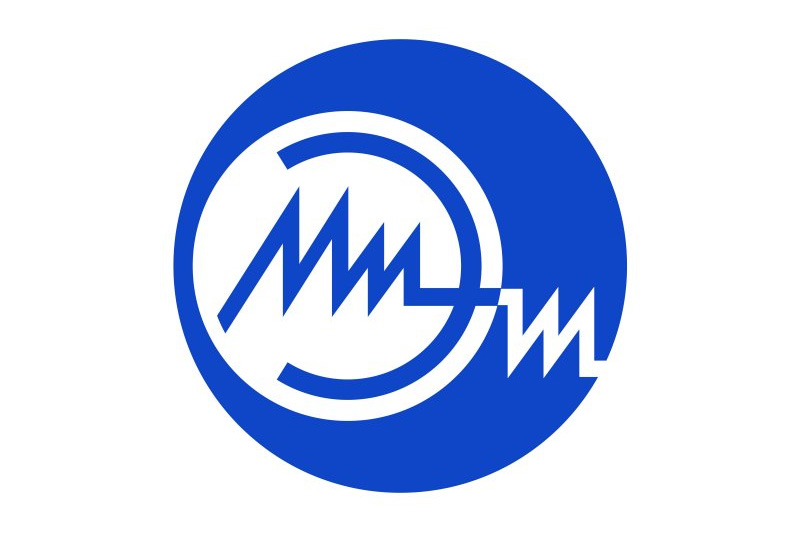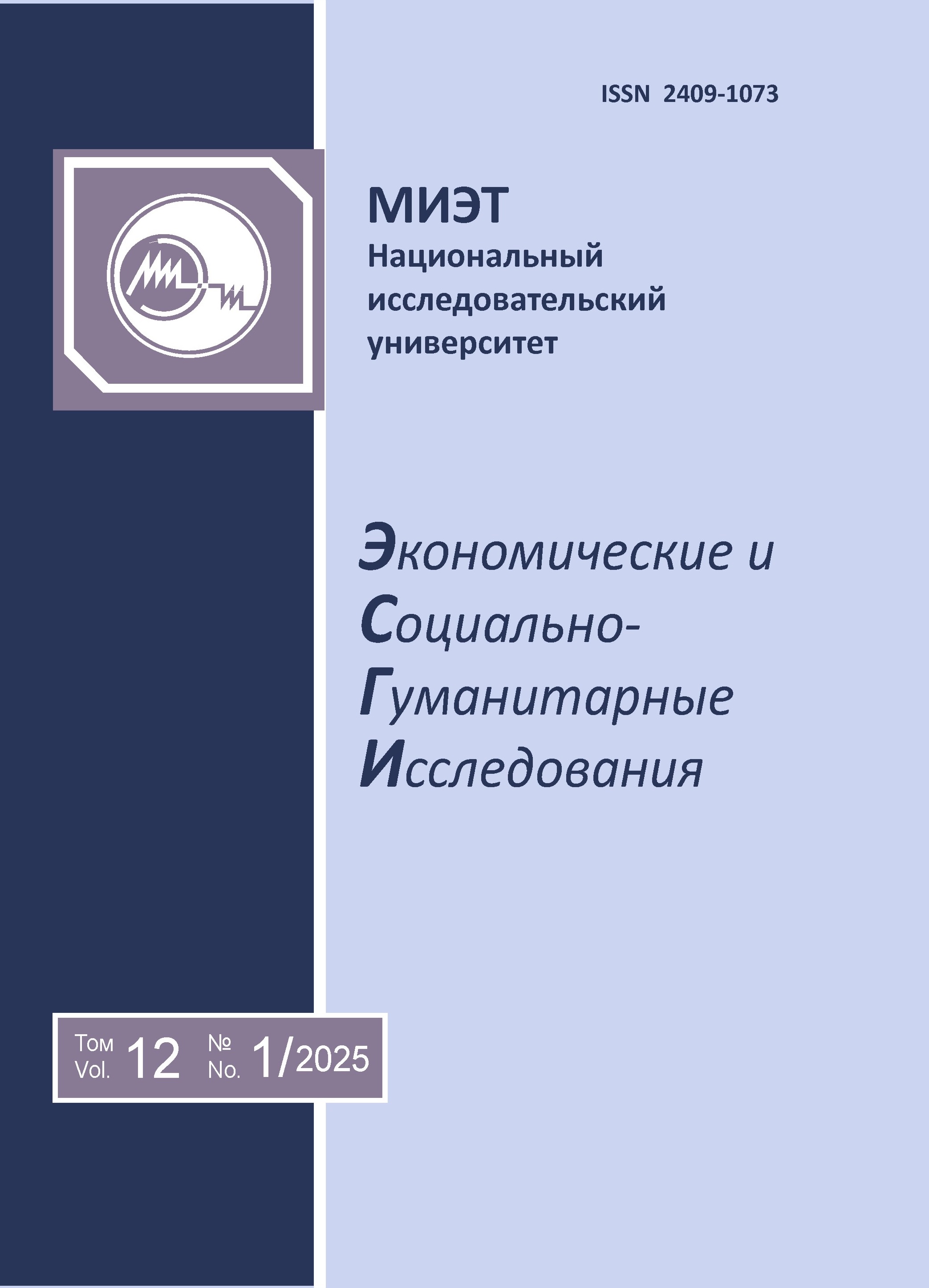employee
Russian Federation
UDC 159.9.072.432
UDC 167.7
UDC 167.1
UDC 165.12
UDC 165.19
In this work, the aspects of interaction with neural networks that are positive for the development of human cognitive abilities are considered. The thesis is proven that working with prompts organizes rational skills: analytics, logic, discrete operations; helps the formation of intentionality and understanding of the contextual boundaries of the task. The concern is expressed about the possibility of growth of the following threats and risks: of habitualizing linear thinking, of assimilating the user’s cognitive skills to the logic of the program (it carries the potential danger of dehumanizing the intellect); of loss of decision making skills and responsibility for decisions, of emotional involvement in processes. It is postulated that it becomes important to use the diversity of cognitive optics, mastery of various techniques of cognition, and achieving a balance between ways of grasping reality. The specificity of clip thinking (a special form for “capture of reality”) is analyzed; its positive and negative aspects are highlighted. The conclusion has been made about the advantage of synthesizing cognitive skills of interaction with neural networks and nonlinear, clip perception.
neural networks, prompts, cognitive abilities, skills, responsibility, intelligence, clip thinking
1. Astakhov S. “Phenomenology vs Symbolic AI: Hubert Dreyfus’s Philosophy of Skill Acquisition”. Logos 30.2 (135) (2020): 157—193. (In Russian). https://doi.org/10.22394/0869-5377-2020-2-157-190
2. Martynov Kirill. “Androids Don’t Have to Dream Anymore: The Problem of Post-Human Epistemology Revisited”. Siniy divan 23 (2019): 79—89. (In Russian).
3. Miklyaeva A. V., Bezgodova S. A. “Experimental Psychological Research of ‘Mosaic Thinking’: The Results of Testing of the Experiment Program”. Izvestiya Irkutskogo gosudarstvennogo universiteta ser. Psikhologiya = The Bulletin of Irkutsk State University ser. Psychology 17 (2016): 59—67. (In Russian).
4. Mikhaylina S. A. “Communicative Technologies: Consumer Society Vs. Knowledge Society”. Filosofiya i sotsiologiya tekhniki v XXI veke: K 70-letiyu V. G. Gorokhova. Ed. by. I. Yu. Alekseeva et al. Moscow: Akvilon, 2018. 360—365.
5. Mikhailina S. A. “Problems of Social and Ethical Assessment of the Prospects of Innovative Technologies”. Filosofiya v XXI veke: napravleniya i tendentsii razvitiya: materialy II Mezhdunar. nauch.-prakt. konf. Gen. ed. N. V. Danielyan. Pt. 3. Moscow: MIET, 2024. 159—165. (In Russian).
6. Dennett Daniel C. Consciousness Explained. Boston, MA: Little, Brown and Co., 1991. 511 p.
7. Dreyfus Hubert L., Dreyfus Stuart E. Mind over Machine: The Power of Human Intuition and Expertise in the Era of the Computer. Oxford: Basil Blackwell, 1986. 231 p.
8. Parisi Luciana. Contagious Architecture: Computation, Aesthetics, and Space. Cambridge, MA: The MIT Press, 2013. 392 p. Technologies of Lived Abstraction.








